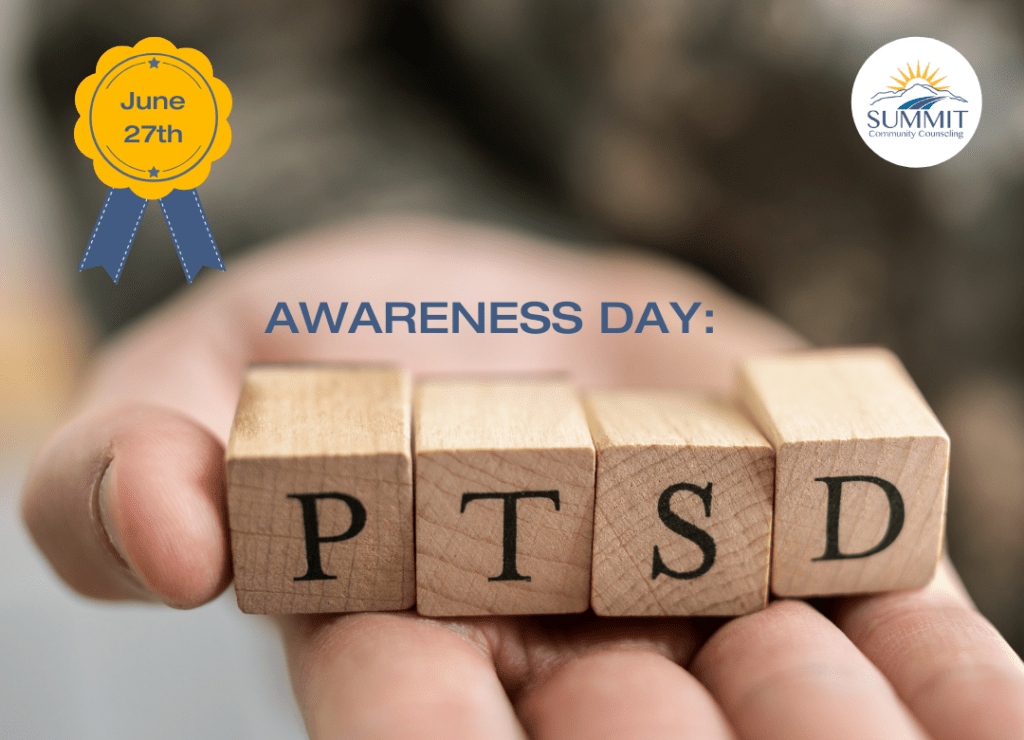PTSD is a complex disorder caused by experiencing or witnessing trauma. Trauma can stem from a variety of events in a person’s life, such as physical abuse, sexual violence, assault, or an accident. However not every person that experiences trauma, has PTSD; PTSD develops in one out of three people who have experienced it. There are different factors that can influence in the development of PTSD after trauma, such as:
Depression or anxiety before the event
PTSD is characterized by symptoms of anxiety, people often have flashbacks or feel like they are reliving their traumatic experience. Depression can also make a person more susceptible to negative emotions that can develop into PTSD, especially when they don’t have a lot of support from friends or family, or if they tend to isolate themselves.
Genetic factors
Family history can be a major risk factor for developing PTSD. Some may have a genetic predisposition for developing PTSD if one of their parents or grandparents have suffered from the disorder.
PTSD can affect a person’s everyday life, it can affect a person’s ability to work, and have relationships with their partners, friends, or family members. They may also isolate themselves and feel distant or sad. To identify if someone close to you is suffering from PTSD, here are the most common symptoms:
- They often relive the traumatic event.
- They feel emotional distress or have physical reactions when thinking about the traumatic event.
- They have upsetting dreams or nightmares.
- They avoid anything that could trigger the memory of the traumatic event.
- There is a negative change in their thinking and their mood.
- They have difficulty in maintaining close relationships.
- They are easily startled or frightened.
- They have trouble sleeping or concentrating.
- They may indulge in self-destructive behavior such as drinking or smoking too much.
How can you help someone with PTSD?
It is imperative to understand that pressuring someone into talking about what they are feeling is not the best way to go about it. Being patient is very crucial to making a safe environment for someone with PTSD. You can offer help constantly and let them know you are there for them or are willing to help with anything they may need. People with PTSD need a lot of patience, space, and reassurance. There are also different hotlines to call in the case you want to inform yourself more or wish to get help. You can find more information on this site.


